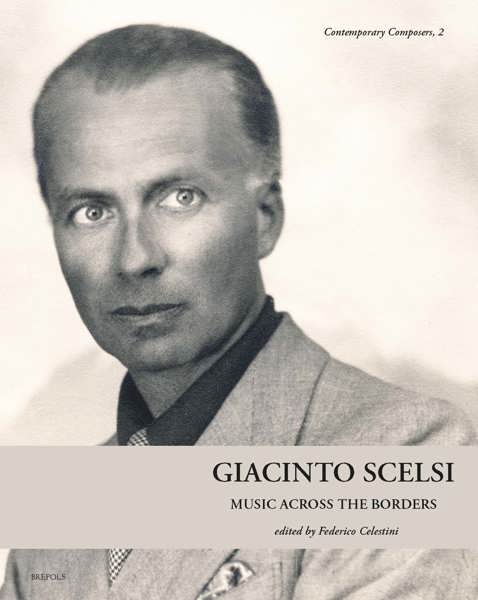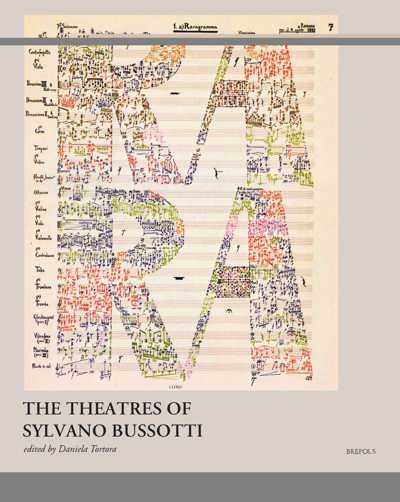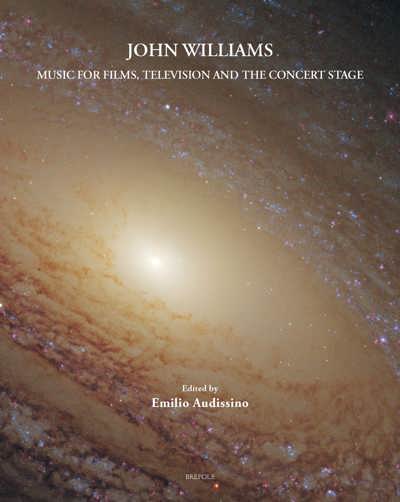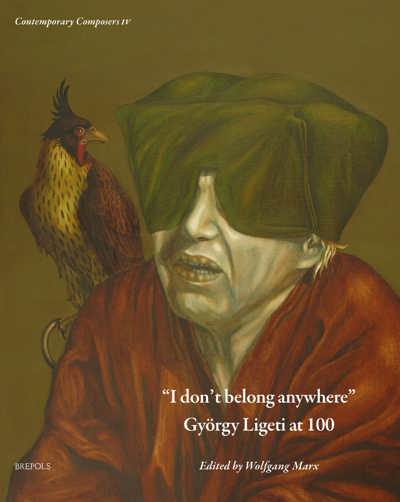
Perspectives on the Music of György Kurtág
Performance, Language and Memory
Rachel Beckles Willson, Gergely Fazekas (eds)
- Pages: xii + 251 p.
- Size:210 x 270 mm
- Illustrations:14 tables b/w., 37 musical examples
- Language(s):English
- Publication Year:2025
- € 115,00 EXCL. VAT RETAIL PRICE
- ISBN: 978-2-503-61866-1
- Hardback
- Available
This book is dedicated to György Kurtág, the last representative of a great generation of composers who emerged after World War II
Rachel Beckles Willson is Professor of Intercultural Performing Arts at the Academy of Creative and Performing Arts, Leiden University. She has a hybrid professional arts practice as multi-instrumentalist, composer and scholar. Her early books focused on contemporary music of Hungary («György Kurtág, The Sayings of Péter Bornemisza», 2004, and «Ligeti, Kurtág, and Hungarian Music during the Cold War», 2007), while more recent interests range from colonialism («Orientalism and Musical Mission: Palestine and the West», 2013) to the cultural life of musical instruments («The Oud: An Illustrated History», 2023).
Gergely Fazekas is a Hungarian musicologist, associate professor at the Liszt Academy (Budapest). He has published scholarly articles in Hungarian, English and French musicological journals on Bach, Debussy and Kurtág. His book «J. S. Bach and the Two Cultures of Musical Form» was published in Hungarian in 2018. He spent the academic year 2017/2018 as a Fulbright Visiting Professor at Bard College (NY). He is the musical advisor of the documentary film «Kurtág- Fragments», which will be released in 2025.
György Kurtág, who is still active at the age of 99, is the last representative of a great generation of composers who emerged after World War II. A legendary chamber music coach and source of inspiration for composers and musicians around the world, with a compositional output spanning more than 70 years, Kurtág is widely regarded as one of the most original musical minds of our time. In this volume, scholars from three continents come together to explore Kurtág’s music and its shifting contexts. Some of the articles deal with theoretical questions. How can his music be placed within the framework of the 21st century? How does the concept of “lateness” or “Central Europe” define the nature and reception of his works? How can philosophical concepts such as Deuleuze and Guattari's “rhizome”, or social theorist Manuel Castells' "space of flows", contribute to our understanding of Kurtág’s music? And how can we understand Kurtág’s unique relationships with performers and, more generally, with performance? Other articles focus in depth on particular historical periods in Kurtág’s life such as the early Romanian years, and communist Hungary in the 1950s. There are also fresh discussions of specific genres, namely unaccompanied solo vocal pieces, and the series of short piano pieces referring to a phrase that is now emblematic in Kurtág's universe, “Virág az ember” (Flowers we are).
Introduction
Rachel Beckles Willson – Gergely Fazekas
Performers and Performances
Translating Kurtág into Kurtág: From Practice to Product
Rachel Beckles Willson
Extrovert or Internal Performativity? Tactile Gestures in Kurtág’s Four-Hand Works
Cecilia Oinas
Who is Miyako? Explorations of the ‘Virág az ember…’ Series and the Significance of ‘…Mijakónak’
Nobuhiro Ito
Past and Present
György Kurtág’s Time in Romania and Its Impact on His Personality and Work
Iulia Mogoșan
The ‘Order of Composers’ and Its Reluctant Member, György Kurtág: Social and Institutional Aspects of Composition in State Socialist Hungary
Lóránt Péteri
Difference and Repetition in György Kurtág’s Petite musique solennelle en hommage à Pierre Boulez 90 (2015)
Julia Galieva-Szokolay
Lenses on Lateness: Style, Form and History in György Kurtág’s …concertante…
Mark Hutchinson – Martin Scheuregger
Kurtág and the Twenty-First Century
Tim Rutherford-Johnson
The Drama of Languages
The Unaccompanied Voice in the Works of György Kurtág
Peter Laki
Story Time: Towards György Kurtág’s Fin de partie
Anita Rákóczy
Kurtág’s Music and the Concept of Central Europe
Gergely Fazekas
Abstracts and Biographies
Index of Names




